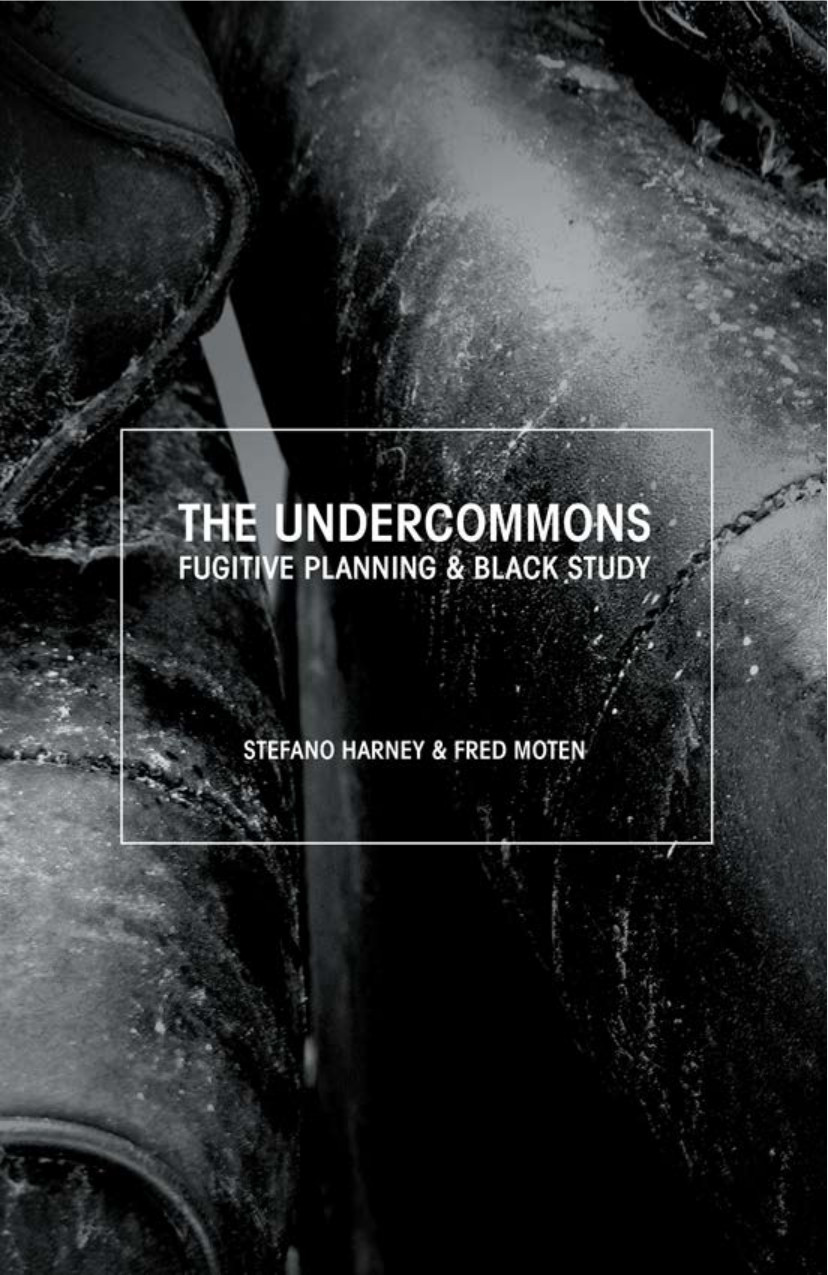Michael Hardt, Antonio Negri: Assembly (2017)
Filed under book | Tags: · activism, assembly, autonomy, colonialism, commons, democracy, entrepreneurship, finance, labour, multitude, neoliberalism, organization, politics, protest, social movements, subjectivity

“In recent years ‘leaderless’ social movements have proliferated around the globe, from North Africa and the Middle East to Europe, the Americas, and East Asia. Some of these movements have led to impressive gains: the toppling of authoritarian leaders, the furthering of progressive policy, and checks on repressive state forces. They have also been, at times, derided by journalists and political analysts as disorganized and ineffectual, or suppressed by disoriented and perplexed police forces and governments who fail to effectively engage them. Activists, too, struggle to harness the potential of these horizontal movements. Why have the movements, which address the needs and desires of so many, not been able to achieve lasting change and create a new, more democratic and just society? Some people assume that if only social movements could find new leaders they would return to their earlier glory. Where, they ask, are the new Martin Luther Kings, Rudi Dutschkes, and Stephen Bikos?
With the rise of right-wing political parties in many countries, the question of how to organize democratically and effectively has become increasingly urgent. Although today’s leaderless political organizations are not sufficient, a return to traditional, centralized forms of political leadership is neither desirable nor possible. Instead, as Michael Hardt and Antonio Negri argue, familiar roles must be reversed: leaders should be responsible for short-term, tactical action, but it is the multitude that must drive strategy. In other words, if these new social movements are to achieve meaningful revolution, they must invent effective modes of assembly and decision-making structures that rely on the broadest democratic base. Drawing on ideas developed through their well-known Empire trilogy, Hardt and Negri have produced, in Assembly, a timely proposal for how current large-scale horizontal movements can develop the capacities for political strategy and decision-making to effect lasting and democratic change. We have not yet seen what is possible when the multitude assembles.”
Publisher Oxford University Press, 2017
Heretical Thought series
ISBN 9780190677961, 0190677961
xxii+346 pages
Reviews: Publishers Weekly (2017), Christian Fuchs (triple-C, 2017).
Comment (0)Stefano Harney, Fred Moten: The Undercommons: Fugitive Planning & Black Study (2013–) [EN, DE, ES, FR]
Filed under book | Tags: · black people, blackness, commons, debt, politics, theory

“In this series of essays Fred Moten and Stefano Harney draw on the theory and practice of the black radical tradition as it supports, inspires, and extends contemporary social and political thought and aesthetic critique. Today the general wealth of social life finds itself confronted by mutations in the mechanisms of control: the proliferation of capitalist logistics, governance by credit, and the management of pedagogy. Working from and within the social poesis of life in the undercommons Moten and Harney develop and expand an array of concepts: study, debt, surround, planning, and the shipped. On the fugitive path of an historical and global blackness, the essays in this volume unsettle and invite the reader to the self-organised ensembles of social life that are launched every day and every night amid the general antagonism of the undercommons.”
Introduction by Jack Halberstam
Publisher Minor Compositions, Wivenhoe, 2013
Open access
ISBN 9781570272677, 1570272670
165 pages
Reviews: onderwijs filosofie (2015, NL), Kris Cohen (open set, 2016), Lisa M. Corrigan (Philosophy & Rhetoric, 2019).
Commentary: David Wallace (New Yorker, 2018).
Interviews with authors: Transversal (2016, EN/DE), Cristina Rivera Garza, Marta Malo, and Juan Pablo Anaya (New Inquiry, 2018), Millenials Are Killing Capitalism (2020, podcast, part 2).
Publisher (EN)
Publisher (DE)
Publisher (ES)
WorldCat (EN)
The Undercommons (English, 2013, PDF)
Die Undercommons (German, trans. Birgit Mennel und Gerald Raunig, 2016, EPUB)
Los Abajocomunes: planear fugitivo y estudio negro (Spanish, trans. Cristina Rivera Garza, Marta Malo and Juan Pablo Anaya, Cooperativa Cráter Invertido and La Campechana Mental, 2017, EPUB) (added on 2019-6-5)
Les sous-communs (French, 2022, added on 2022-1-11)
Silvia Federici: Revolution at Point Zero: Housework, Reproduction, and Feminist Struggle (2012–) [EN, ES]
Filed under book | Tags: · capitalism, commons, feminism, housework, labour, marxism, reproduction, women

“Written between 1974 and 2012, Revolution at Point Zero collects forty years of research and theorizing on the nature of housework, social reproduction, and women’s struggles on this terrain—to escape it, to better its conditions, to reconstruct it in ways that provide an alternative to capitalist relations.
Indeed, as Federici reveals, behind the capitalist organization of work and the contradictions inherent in “alienated labor” is an explosive ground zero for revolutionary practice upon which are decided the daily realities of our collective reproduction.
Beginning with Federici’s organizational work in the Wages for Housework movement, the essays collected here unravel the power and politics of wide but related issues including the international restructuring of reproductive work and its effects on the sexual division of labor, the globalization of care work and sex work, the crisis of elder care, the development of affective labor, and the politics of the commons.”
Publisher PM Press, Oakland, CA, and Common Notions, Brooklyn, NY, 2012
Creative Commons BY-NC-SA 3.0 Unported License
ISBN 9781604863338, 1604863331
188 pages
Reviews: Joshua Eichen (Mute, 2012), Nicholas Beuret (Red Pepper, 2012), Ashley Bohrer (spectrezine, 2012), Seth Sandronsky (Z Magazine, 2012), Dayna Tortorici (n+1, 2013), Laura Schwartz (Labor & Society, 2013), Emma Dowling (Feminist Review, 2014), Danielle DiNovelli-Lang (Alternate Routes, 2014), Marina Vishmidt (J Cultural Economy, 2015), Sutapa Chattopadhyay (Capitalism Nature Socialism, 2015), Leontina M. Hormel (Monthly Review, 2016).
Revolution at Point Zero (English, 2012, EPUB, MOBI)
Revolución en punto cero (Spanish, trans. Carlos Fernández Guervós and Paula Martín Ponz, 2013)

